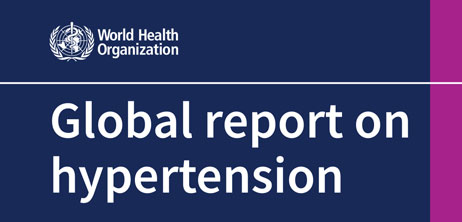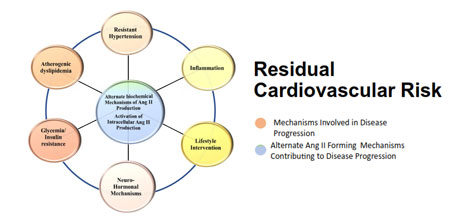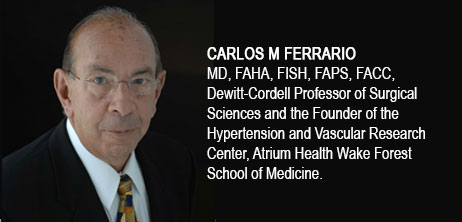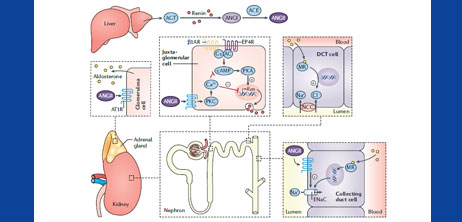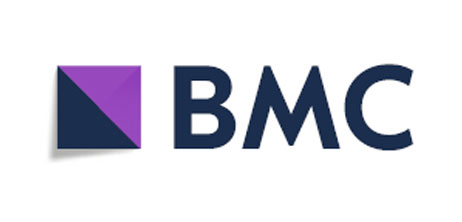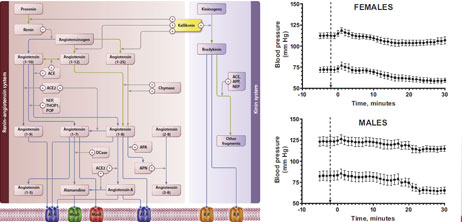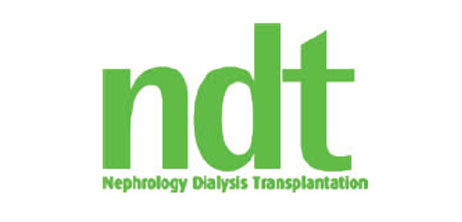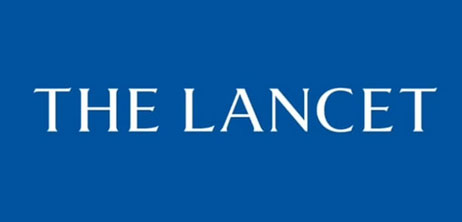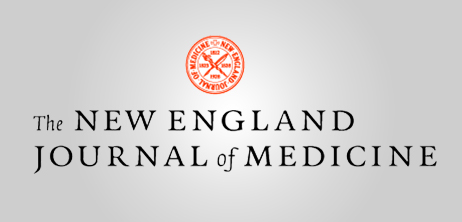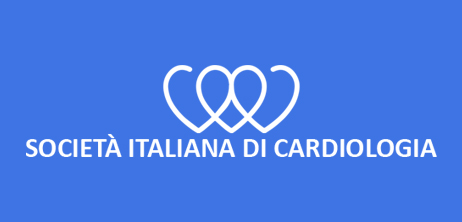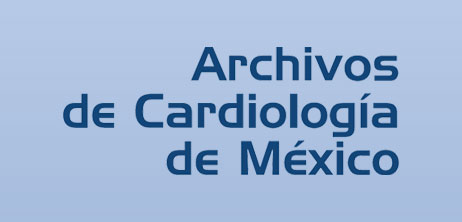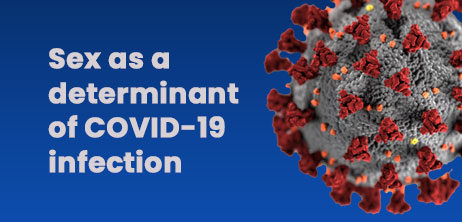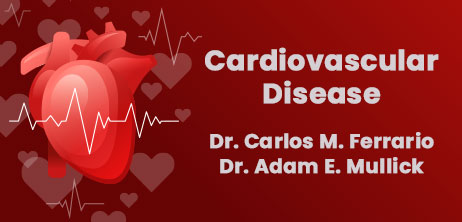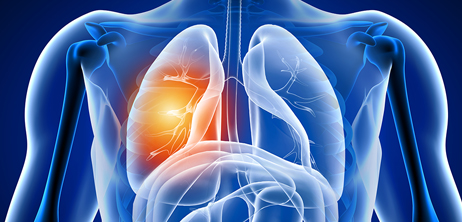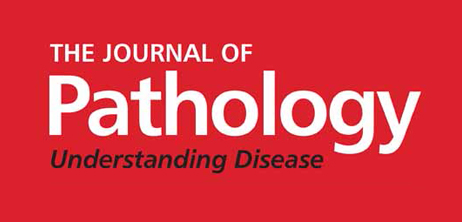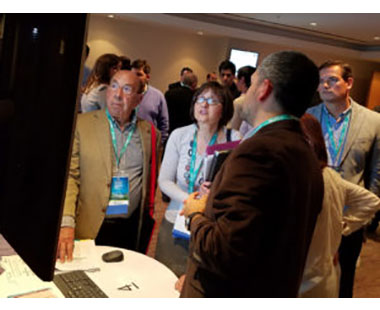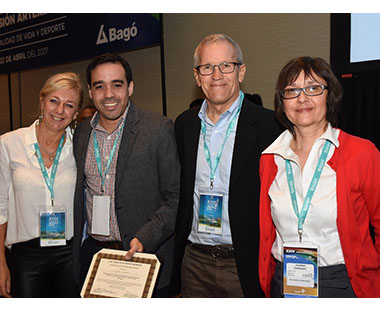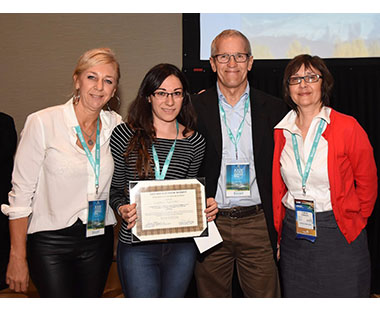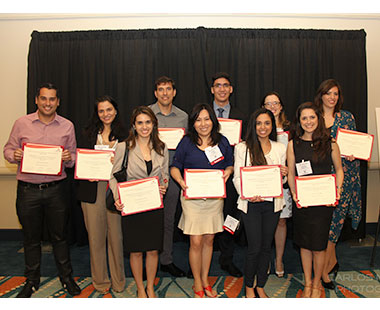You want the whole picture so you are probably holistic rather than reductionist in your approach. You are often swayed by the look of an object. You are interested in color and layout and design and you know where you are. You are probably going to draw something.
Key words: different formats, space, graphs, charts, diagrams, maps and plans.
Description: this preference uses symbolism and different formats, fonts and colors to emphasize important points. It does not include video and pictures that show real images and it is not visual merely because it is shown on a screen.
If you have a strong visual preference for learning you should use some or all of the following:
INTAKE
(to take in the information)
- Lecturers who use gestures and picturesque language
- Pictures, videos, posters, slides
- Flowcharts
- Underlining, different colors, highlighters
- Textbooks with diagrams and picturesv
- Graphs
- Symbols @ and white space
SWOT – Study without tears
(to make a learnable package)
- Convert your “notes” into a learnable package by reducing them (3:1)
- Use all of the techniques above
- Reconstruct the images in different ways
- Try different spatial arrangements
- Redraw your pages from memory
- Replace words with symbols or initials
- Look at your pages
OUTPUT
(to perform well in any test, assignment or examination)
- Draw things, use diagrams
- Write exam answers
- Recall the pictures made by your pages
- Practice turning your visuals back into words
